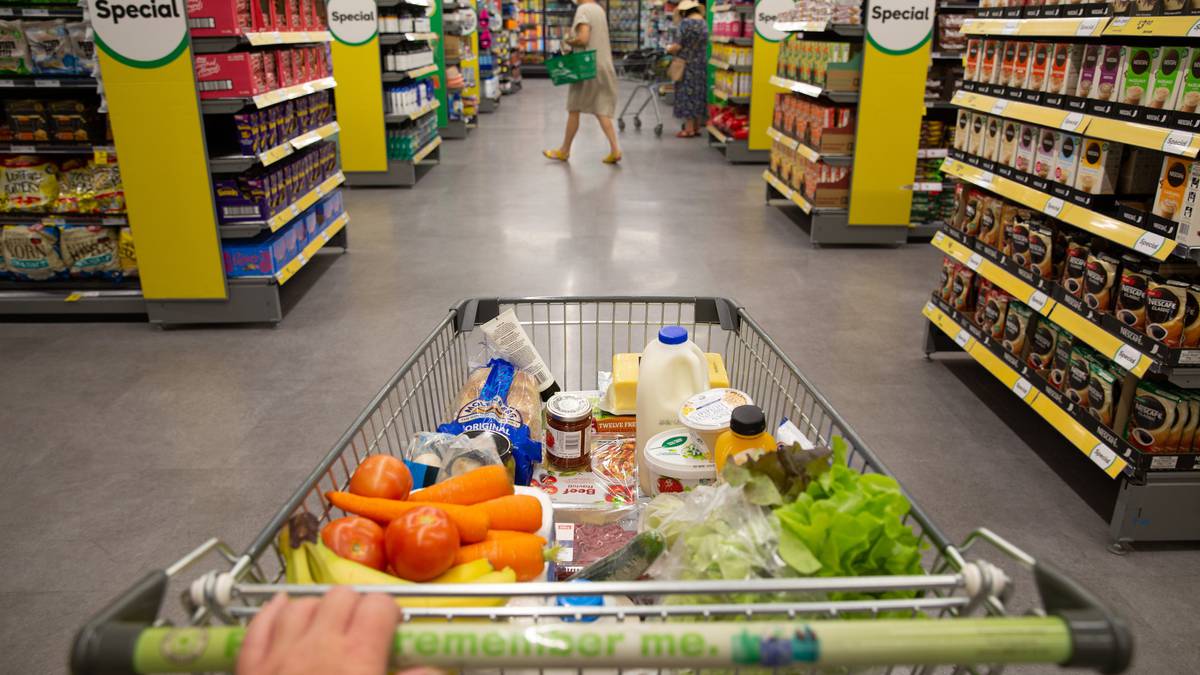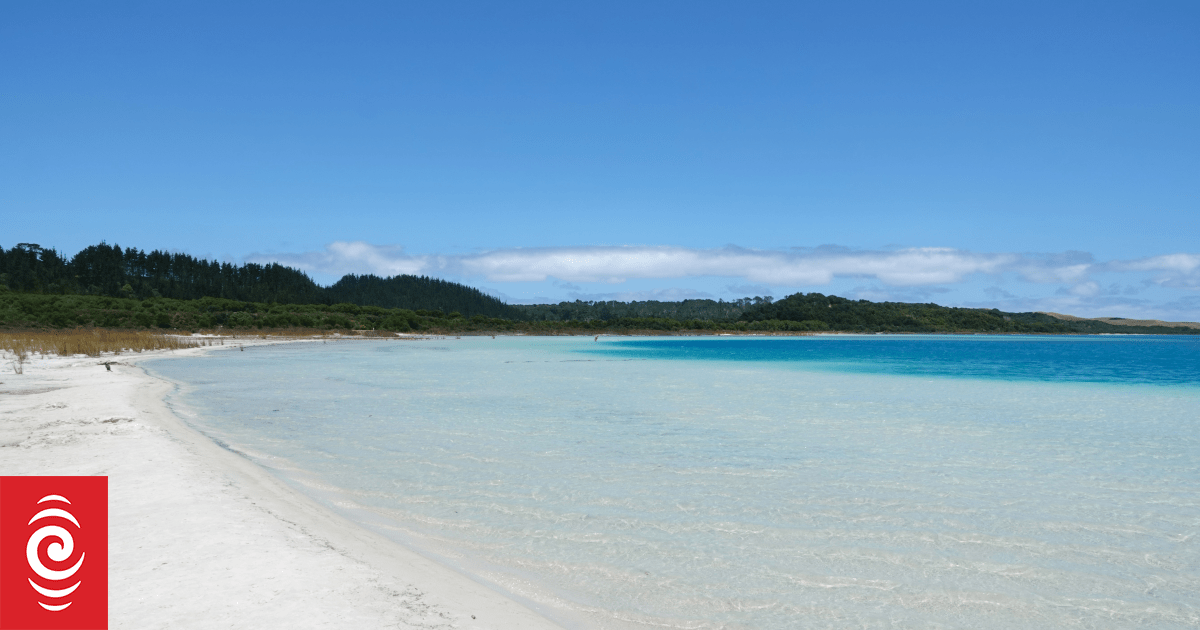Community advocates fear a looming recession will add to a growing list of the working poor in Northland and force families struggling in bigger cities, especially Auckland, to head north.
Their fears follow a bleak forecast from economists at ASB, who predict a recession will be twice as deep as previously thought, on top of a food price rise that is at its fastest annual rate in more than 30 years.
ASB is predicting a 2 per cent contraction in gross domestic product (GDP) by early 2024, which is double the 1 per cent economic shrink that the bank forecasted in its last quarterly update.
And the country’s expected recession is likely to set in earlier than expected, according to the latest ASB Economic Forecast released yesterday, with GDP falling 0.6 per cent in the December 2022 quarter.
Advertisement
High interest rates and inflation will continue to restrain consumer spending in the coming year, with homeowners feeling the strain and pain the most.
The bank expects rising living costs to add around $150 a week to household spending this year, and income growth is not likely to keep pace with this, despite another year of strong wage growth. It’s going to be a tough year, and home borrowers will feel these impacts disproportionately.
Whangarei Child Poverty Action Group spokeswoman Ngaire Rae said single parents with children, young people, and those with mental health issues and disabilities would be the worst affected.
“People who are on low income know how to make the dollar last but something has to give in and at the end of the day, it’s often food. With winter coming, families won’t turn the heaters on.
Advertisement
“Housing and food security are the main issues. We already have families living in overcrowded homes and cars. Wealth inequality whereby so few own so much and so many own so little needs to be addressed,” she said.
/cloudfront-ap-southeast-2.images.arcpublishing.com/nzme/JRB57KCZGWORBOC7L77TQWQZNA.jpg)
155 Whare Awhina chief executive Liz Cassidy-Nelson said a recession would see an escalation of needs like food and more middle-income families joining the working poor.
“Smaller investors are already selling up and that pushes long-term renters out, which then brings families in Auckland and other places that can’t cope with the rising cost of living.
“We as a community will have to continue doing what we’re doing, people need to look out for each other, and what we know from Covid is that we can respond in terms of finding homes and opportunities,” she said.
Whangarei Budgeting Service financial mentor Shannon Phillips said her staff have had an unprecedented number of referrals/appointment requests during 2023 so far, with more and more people struggling to afford just the basics while they juggled debt.
“With the increase in food prices along with increased costs of rent/mortgage, we are worried that our tangata will have to choose whether to pay either rent, food or utilities, which will have a devastating effect on our communities.
“Our advice would be to prioritise your debt and look at hardship options. Be mindful of unnecessary expenses and create an emergency savings fund. Having a strong financial plan in place is more important now than ever.”
/cloudfront-ap-southeast-2.images.arcpublishing.com/nzme/XQGTZ6QANBBVLFX47TISLMG3XI.JPG)
NorthChamber president Tim Robinson said many businesses in Northland have been reporting worsening conditions for a number of months, with labour shortages, while rapidly increasing wage costs and decreasing consumer spending have already put pressure on them.
“Businesses are adapting, both in their approach to their markets and customer engagement, but also in their pricing strategies. Many businesses report that after being hesitant to raise prices, when they have raised them, there has not been pushback from customers, indicating that consumers acknowledge that high inflation is not going away.
“NorthChamber is concerned that if revenues continue to decline, businesses will retrench, shedding staff, and in worst-case scenarios, simply shut up shop,” Robinson said.
Advertisement
Meanwhile, food prices have had the biggest annual increase since 1989 – up 12.1 per cent in March compared to a year ago, according to Stats NZ.
Grocery prices also predictably jumped again in March and shot up by 14 per cent in a year.
Stats NZ said grocery food prices rose 2.3 per cent in March, or 2.1 per cent up on February after seasonal adjustment.
Reserve Bank is reaching the end of its Official Cash Rate rise, despite inflation being anticipated to remain above 7 per cent for the first half of this year.
The International Monetary Fund is also warning of a grim outlook for the New Zealand economy. Its 2023 outlook predicts Aotearoa will have one of the lowest GDP growth rates and one of the highest inflation rates in the Asia-Pacific region in the coming years.




